(CLO) According to ancient folklore, "Buy salt at the beginning of the year, buy lime at the end of the year" represents the general meaning of a long-standing custom. Originating from the needs and realities of life, this custom also has many other profound cultural and spiritual meanings.
What is the meaning of "buying lime at the end of the year"?
The custom of buying lime at the end of the Lunar New Year originates from the Vietnamese people's need to decorate their houses for Tet. Working all year round to make a living, Tet is the time to live in a clean, bright, and energetic space, and buying lime to repaint the walls of the house is a way to make the living space ready to welcome positive energy on Tet.
Whitewashing the house also means to erase bad things and mistakes of the old year to have a better, brighter new start.
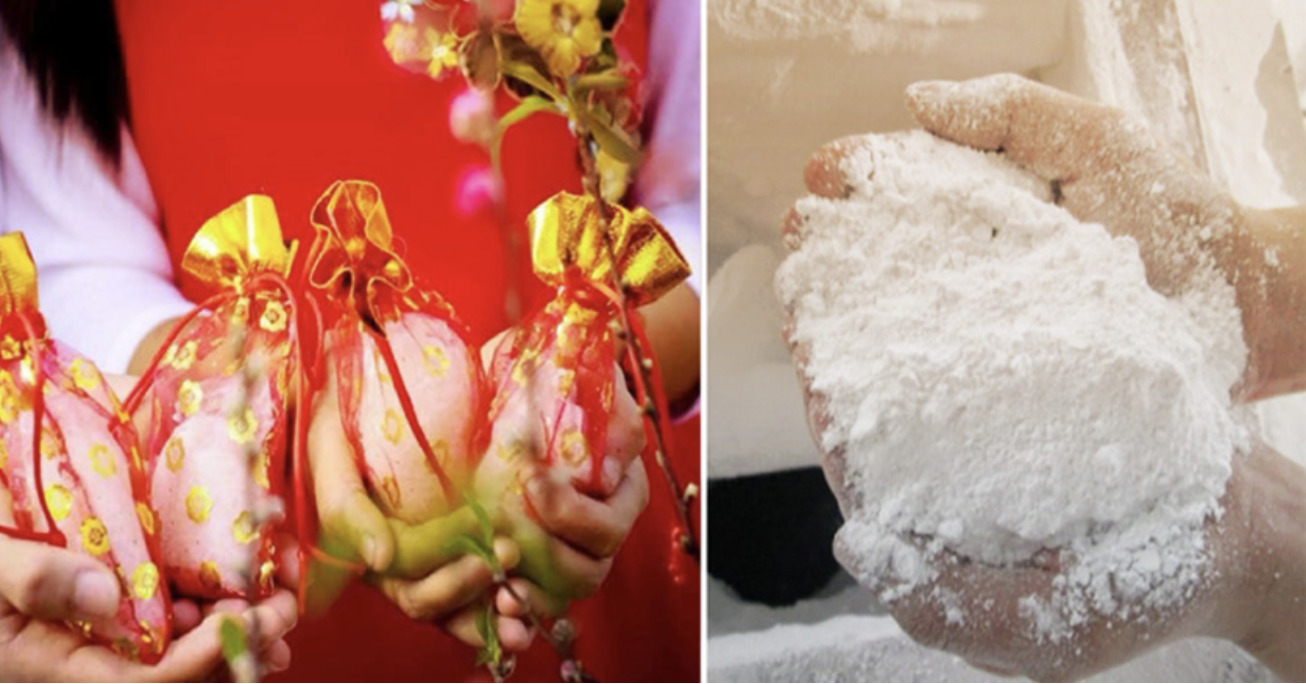
The meaning of 'Buy salt at the beginning of the year and lime at the end of the year'. Photo: phunutoday
Vietnamese people also believe that on the days before Tet, ghosts often come back to cause more trouble. Therefore, they often sprinkle lime around the corners of the garden, the gate of the house or apply it to the base of the tree to ward off evil spirits and bad things.
There are also other explanations for "buying lime at the end of the year". In ancient Vietnamese homes, there was often a "lime pot" - a ceramic or porcelain utensil that often contained lime for the elderly to chew betel. The "lime pot" was a sacred object in the house, so it was always necessary to keep it full. Lime was also needed to wrap betel, an important offering in ancestor worship ceremonies, which had a high frequency during Tet.
However, the pure white color also makes lime considered a symbol of ingratitude (folklore has a saying "as silver as lime"), so to avoid bad meanings, people only buy lime and feed it to the "lime pot" at the end of the year, abstaining on the first day of the year, for fear of broken relationships or having to face ingratitude in life.
Why "buy salt at the beginning of the year"?
On the first day of the new year, even right after the New Year's Eve moment ends, many people have the habit of buying salt to bring home.
This comes from the folk belief that salt symbolizes saltiness, connection, and abundance. Salt grains have a high crystallization rate and are white, symbolizing purity. When leaving the house at the beginning of the new year, people buy salt with the hope that their family will be more harmonious, connected, and that their feelings for their brothers and neighbors will be stronger, and that their economy will be more prosperous and wealthy.
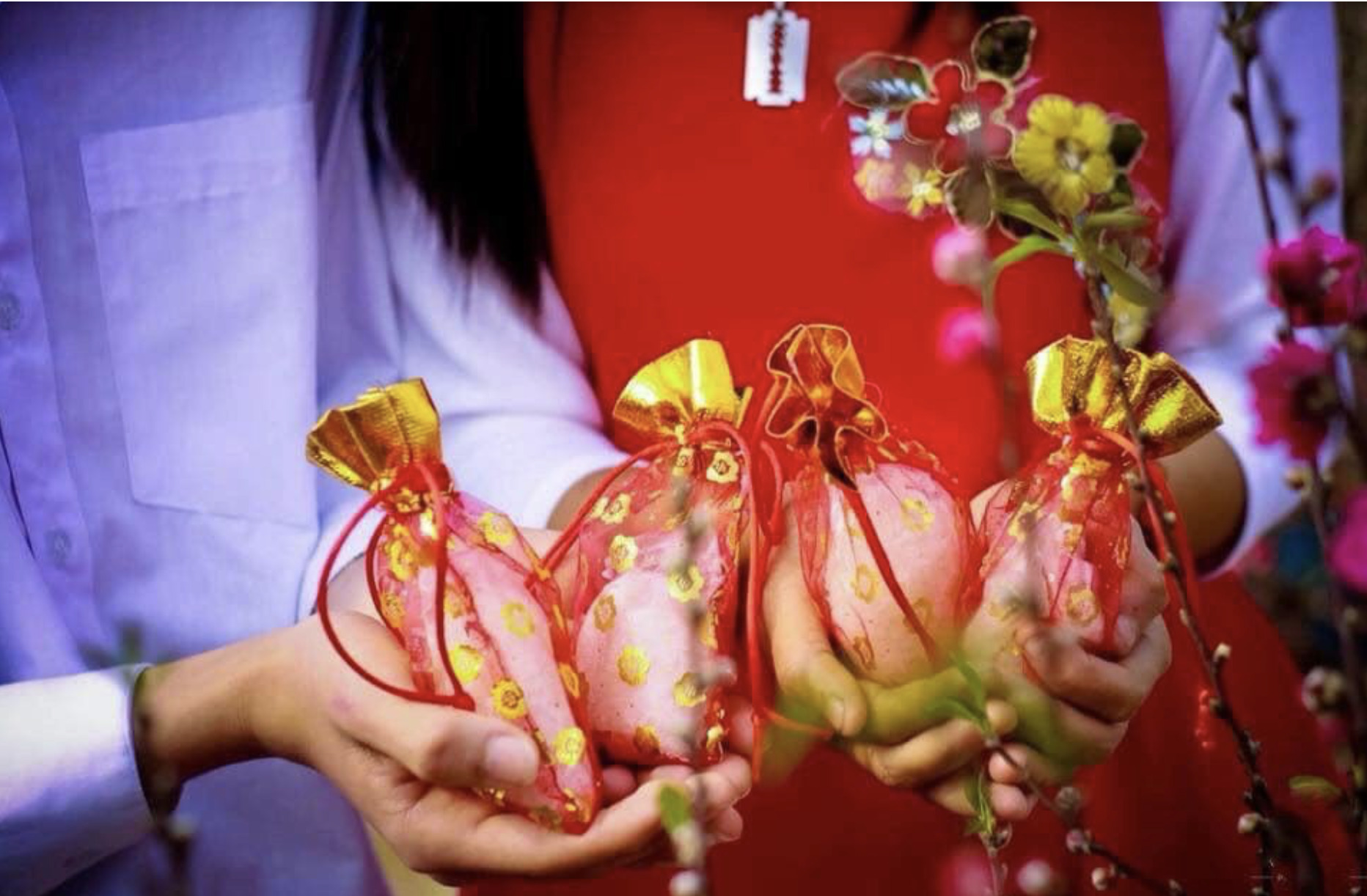
Many people believe that "buying salt at the beginning of the year" is also a subtle way to remind children in the family to eat sparingly and save money so they can "buy lime at the end of the year" to build a house. Photo: collected
Besides, ancient people believed that salt is salty, can prevent bad luck, ward off evil spirits, and bring good luck to the family.
Many people believe that "buying salt at the beginning of the year" is also a subtle way to remind children to eat sparingly and save money so they can "buy lime at the end of the year" to build a house.
New Year taboos of Vietnamese people
According to cultural researcher Phung Hoang Anh (Vietnam Folk Arts Association), to have a lucky and prosperous new year, ancient Vietnamese people advised each other to avoid the following taboos:
Avoid giving fire and water at the beginning of the year: Fire symbolizes luck and fortune; water symbolizes freshness and growth. Therefore, Vietnamese people avoid giving these two things during the first few days of the year to avoid the family from being deprived or declining in the new year.
Avoid breaking things or using unlucky objects : Breaking things on the first day of the year is considered a bad omen, causing family separation. As for knives and forks, the ancients also advised limiting their use because they believed they carried murderous aura, which could cut off good relationships as well as the fortune and longevity of the homeowner.
Do not swear, curse or say unlucky words on New Year's Day: During these days, everyone should talk happily, use pleasant words, say lucky words; keep the peace, adults should avoid yelling at children, avoid crying so that the year will always be happy and harmonious.
Borrowing money or collecting debt is also taboo at the beginning of the Vietnamese New Year. If you have debt, it should be paid back and resolved before Tet to avoid bringing bad luck into the new year.
Avoid sweeping the house: The ancients believed that sweeping the house at the beginning of the year would chase away wealth and luck, so you should pile up the trash in one place and leave it until the day of burning votive papers to be thrown out.
Sleeping overnight elsewhere is a taboo at the beginning of the new year for the ancient Vietnamese: During the 3 days of Tet, people should go home early, not stay overnight at other people's houses to avoid trouble as well as ensure a peaceful and harmonious new year.
Avoid visiting or wishing a happy new year when in mourning: Visiting at the beginning of the year is a good custom that is still respected by many families. The person who visits must be cheerful, open-minded, and have an age or destiny that is compatible with the homeowner in that year. However, if you are in mourning, people should not visit or wish a happy new year to avoid bringing sad energy.
PV
Source: https://www.congluan.vn/y-nghia-viec-dau-nam-mua-muoi-cuoi-nam-mua-voi-post332554.html



![[Photo] Flooding on the right side of the gate, entrance to Hue Citadel](https://vphoto.vietnam.vn/thumb/1200x675/vietnam/resource/IMAGE/2025/10/28/1761660788143_ndo_br_gen-h-z7165069467254-74c71c36d0cb396744b678cec80552f0-2-jpg.webp)
![[Photo] National Assembly Chairman Tran Thanh Man received a delegation of the Social Democratic Party of Germany](https://vphoto.vietnam.vn/thumb/1200x675/vietnam/resource/IMAGE/2025/10/28/1761652150406_ndo_br_cover-3345-jpg.webp)

![[Photo] Draft documents of the 14th Party Congress reach people at the Commune Cultural Post Offices](https://vphoto.vietnam.vn/thumb/1200x675/vietnam/resource/IMAGE/2025/10/28/1761642182616_du-thao-tai-tinh-hung-yen-4070-5235-jpg.webp)













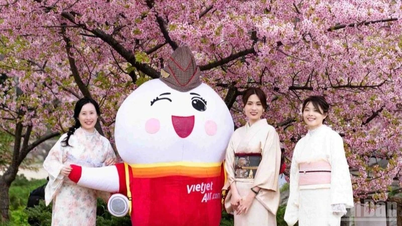















![[Photo] President Luong Cuong attends the 80th Anniversary of the Traditional Day of the Armed Forces of Military Region 3](https://vphoto.vietnam.vn/thumb/1200x675/vietnam/resource/IMAGE/2025/10/28/1761635584312_ndo_br_1-jpg.webp)





















































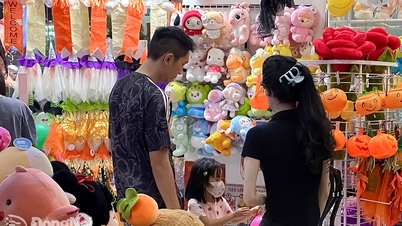
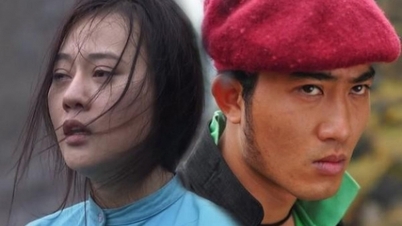

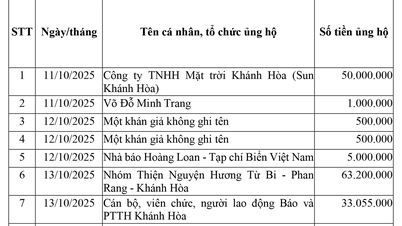





















Comment (0)